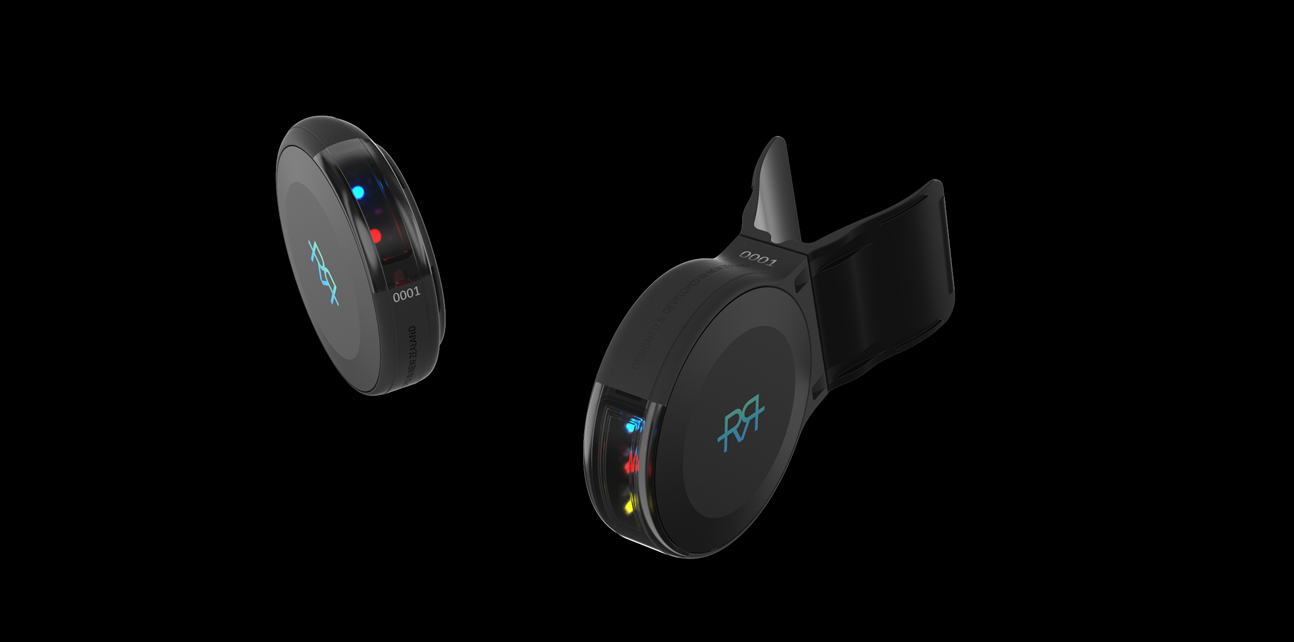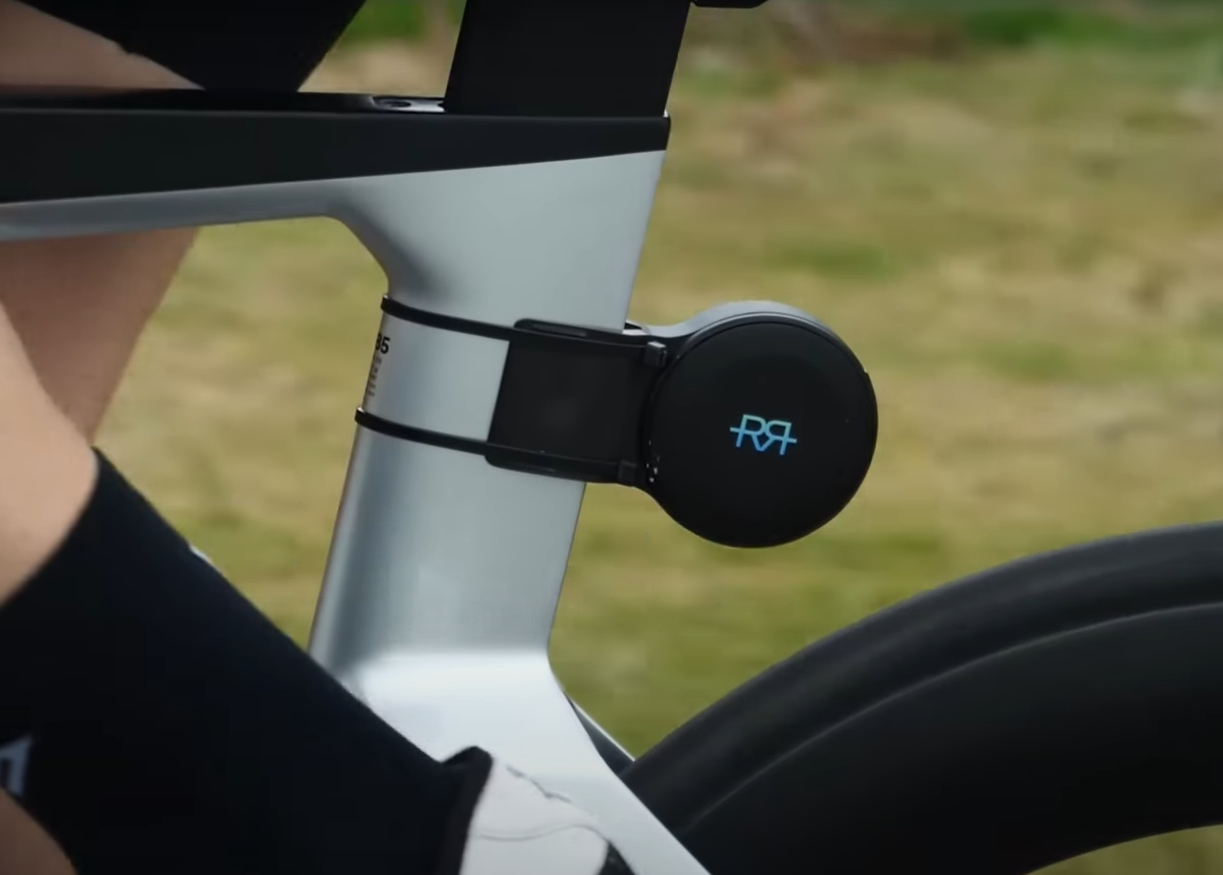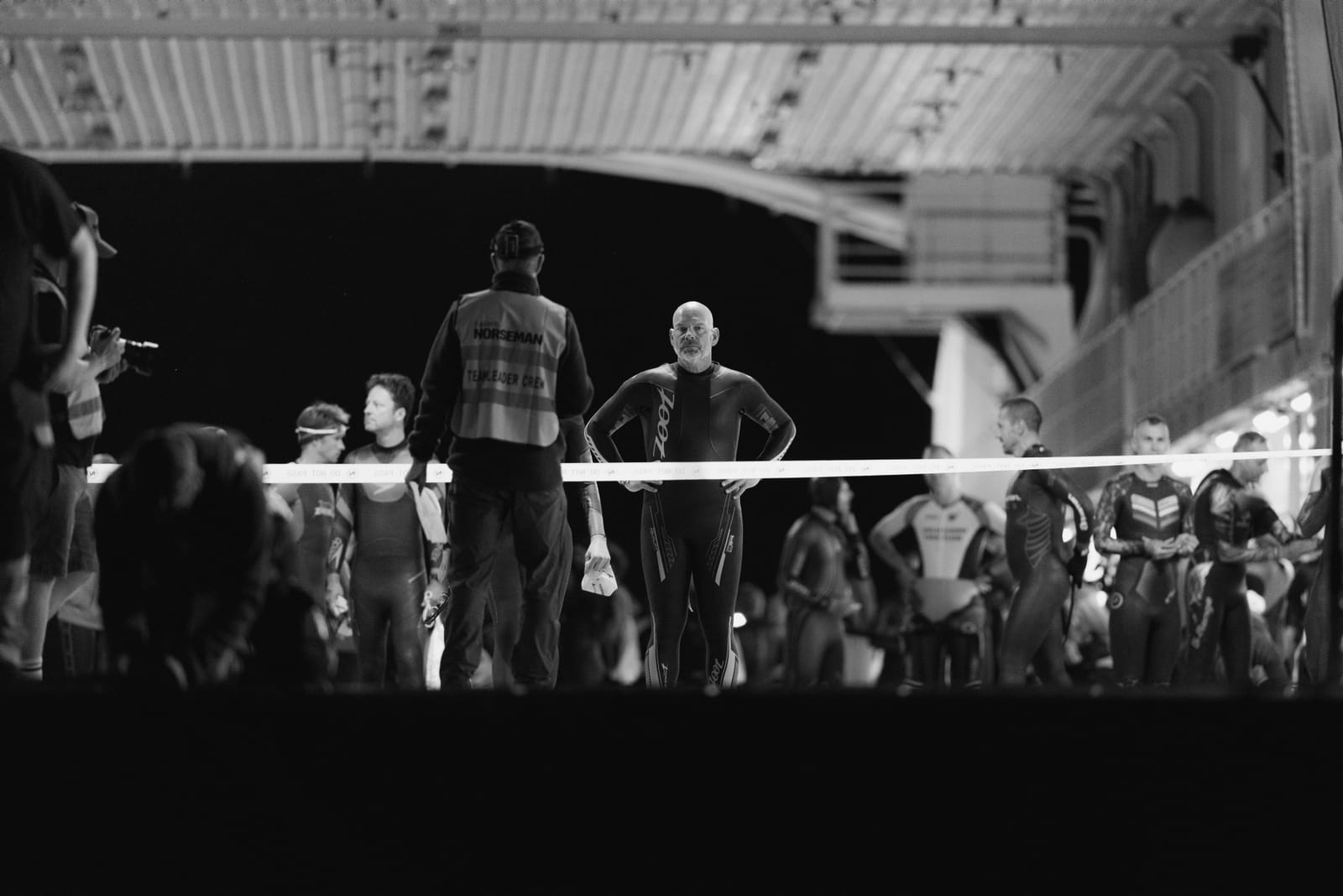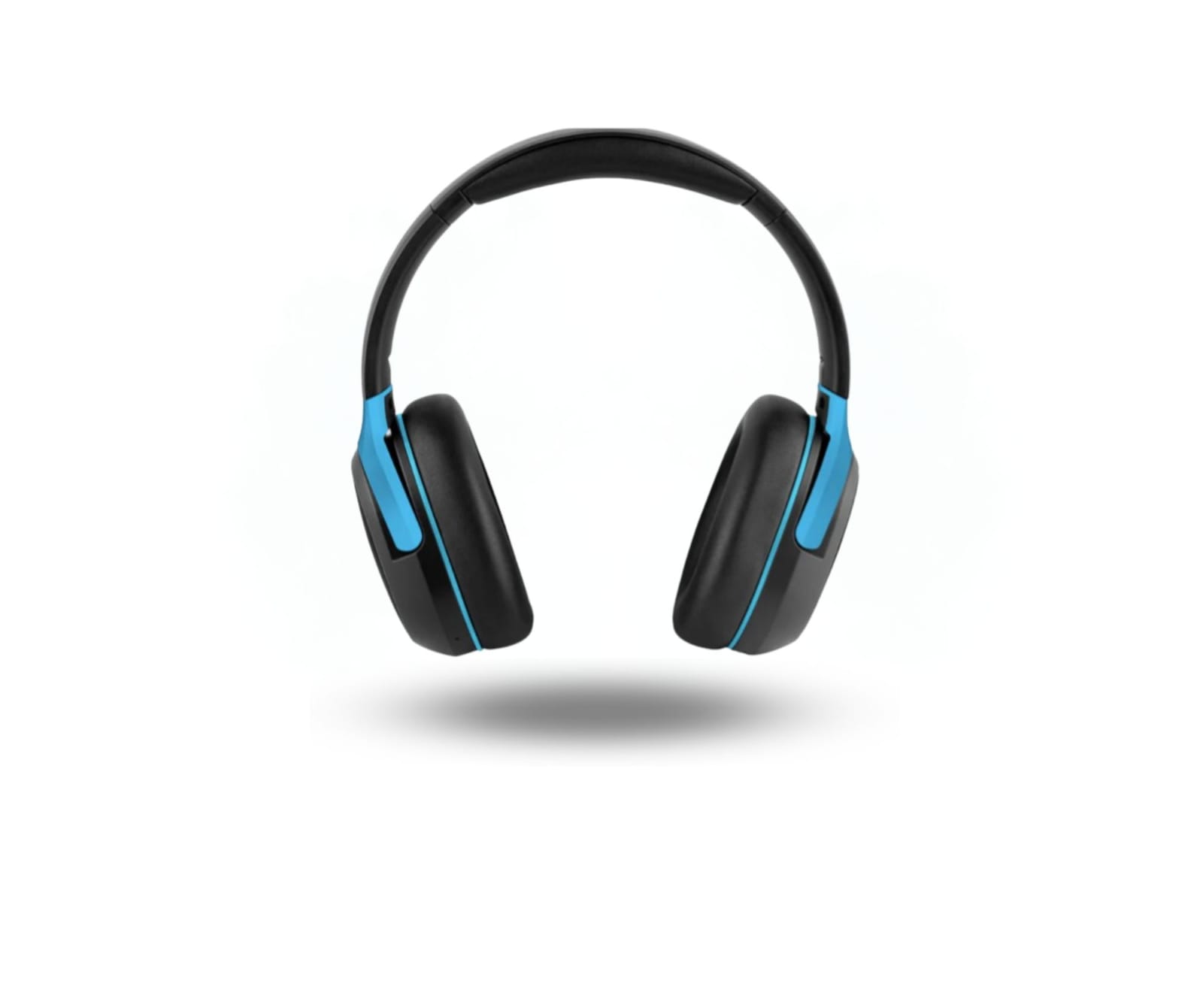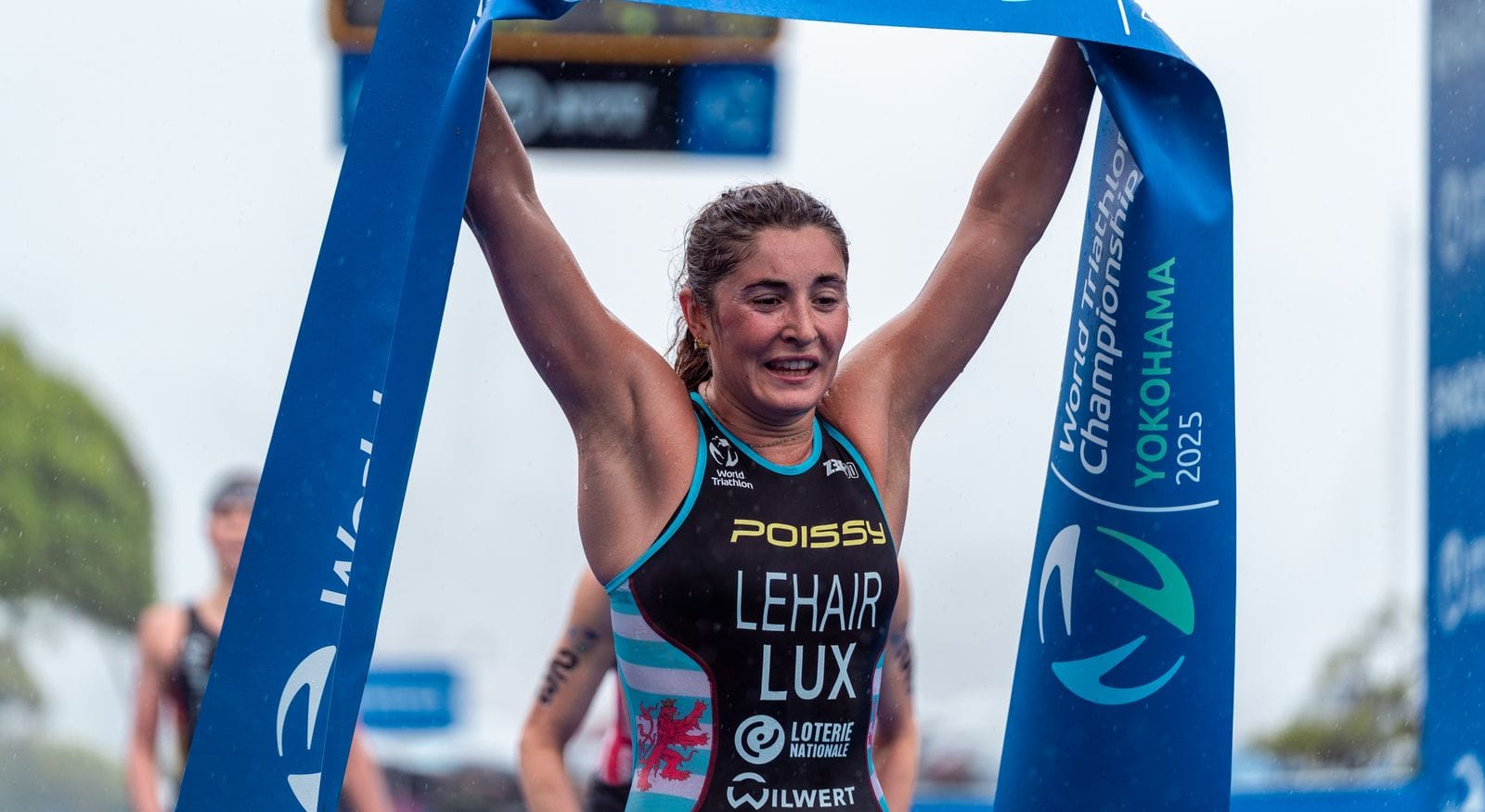The world of triathlon is about to see a revolutionary new system that will change the way the sport is played. World Triathlon is proud to announce the debut trial of the RaceRanger drafting detection system, set to take place this Saturday, January 21st at the Tauranga Half middle distance triathlon in New Zealand. This is a ground-breaking moment as it marks the first time this innovative system will be tested in a competition setting.
- RaceRanger is an electronic sensor system that aims to improve fairness in non-drafting triathlons by accurately measuring the distance between athletes while they ride.
- Developed by two triathletes from New Zealand in collaboration with World Triathlon, the system comprises of two electronic units that are attached to the athlete's bicycles.
- The system will detect when infringements are occurring and send this data to technical officials patrolling the course via a tablet app interface.
- The debut trial of the RaceRanger system will take place on January 21st at the Tauranga Half middle distance triathlon in New Zealand.
- The RaceRanger system will be tested by all 24 elite athletes, Triathlon New Zealand, and World Triathlon technical officials.
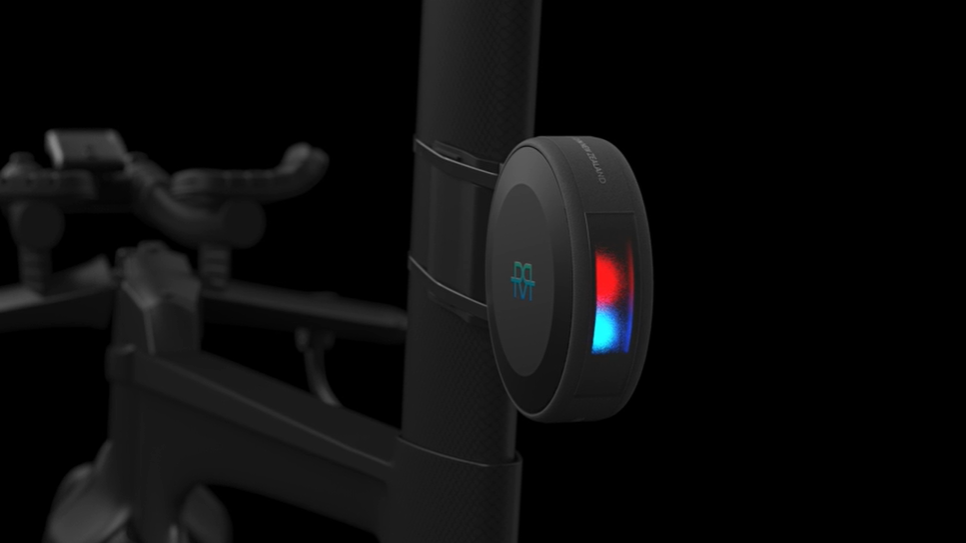
The RaceRanger system is an electronic sensor that aims to improve fairness in non-drafting triathlons by accurately measuring the distance between athletes while they ride. Developed by two triathletes from New Zealand in collaboration with World Triathlon, the system comprises of two electronic units that are attached to the athlete's bicycles, one at the front and one at the rear. The rear unit features 3 coloured lights that signal backwards to a following competitor, providing information about their following distance. In the future, the system will be able to detect when infringements are occurring and send this data to technical officials patrolling the course, via a tablet app interface. This will allow the officials to assess the situation in real-time and make a decision on whether a penalty needs to be applied.
World Triathlon President and IOC Member, Marisol Casado, is thrilled about this new development in the sport, saying, “World Triathlon is one of the most progressive and innovative sporting organizations in the world, and we have proved this approach multiple times. After our team having worked with RaceRanger for over a year, it is time now to test it during an event for the first time, and this is great and exciting news for the whole triathlon community”.
RaceRanger Founder and CEO James Elvery also shared his excitement, saying, “We are thrilled to finally bring RaceRanger into the real world this week, to be used on bikes in a race! It is our long held and firm belief that RaceRanger will fundamentally change our sport for the better, improving transparency around the drafting rules and removing subjective guesses by both athletes and officials. Using RaceRanger for the first time really is one of those technological advancements that just make immediate sense to the users, and it is hard to imagine going back to the ‘old way’”.
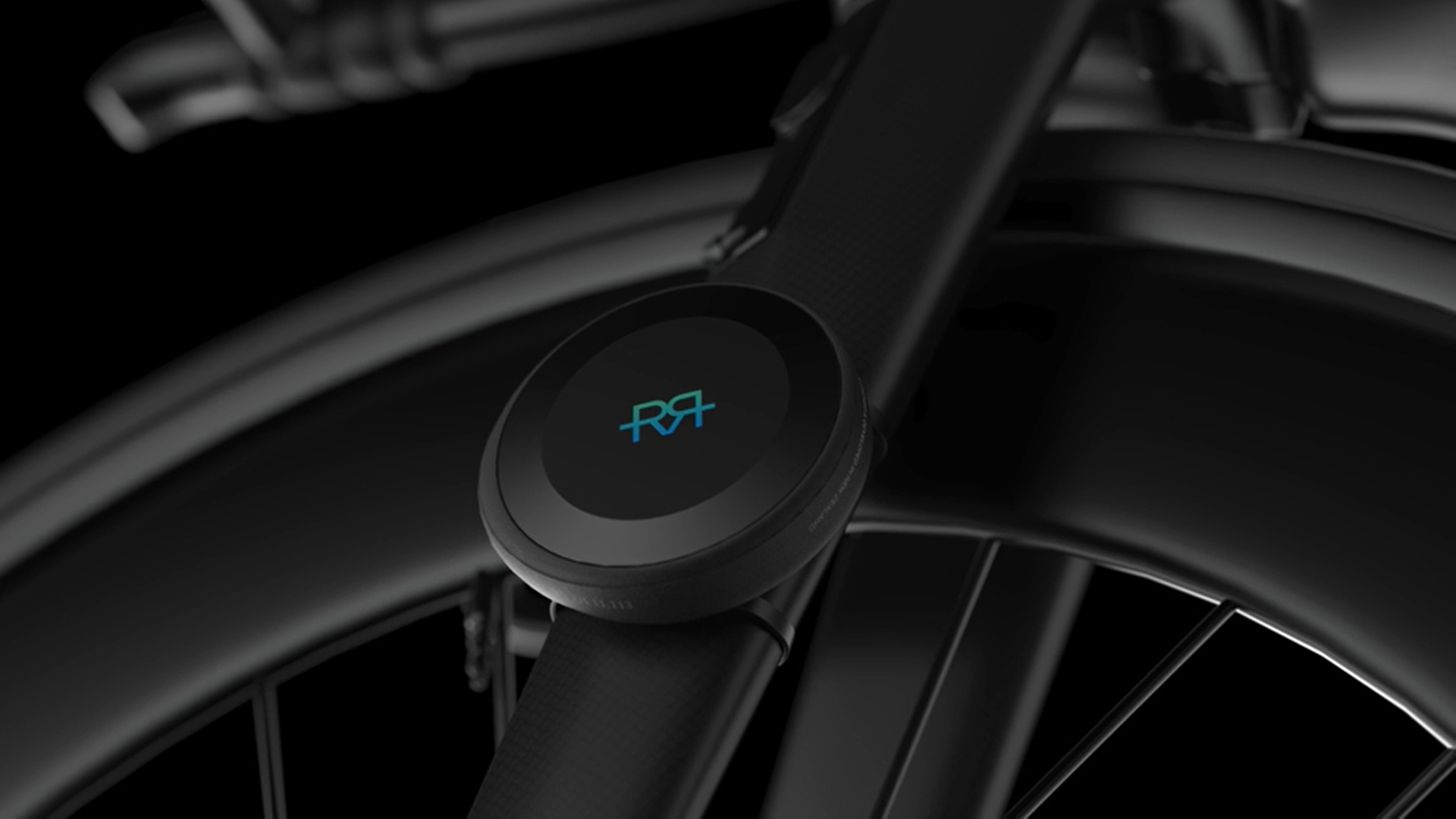
RaceRanger devices will be fitted to all 24 elite athlete’s bikes before Saturday’s event. Triathlon New Zealand & World Triathlon technical officials, along with the athletes themselves, will evaluate its performance and provide feedback to the RaceRanger team to aid its continued development. With more race trials planned throughout the New Zealand summer months, the future of non-drafting triathlons looks brighter than ever.


